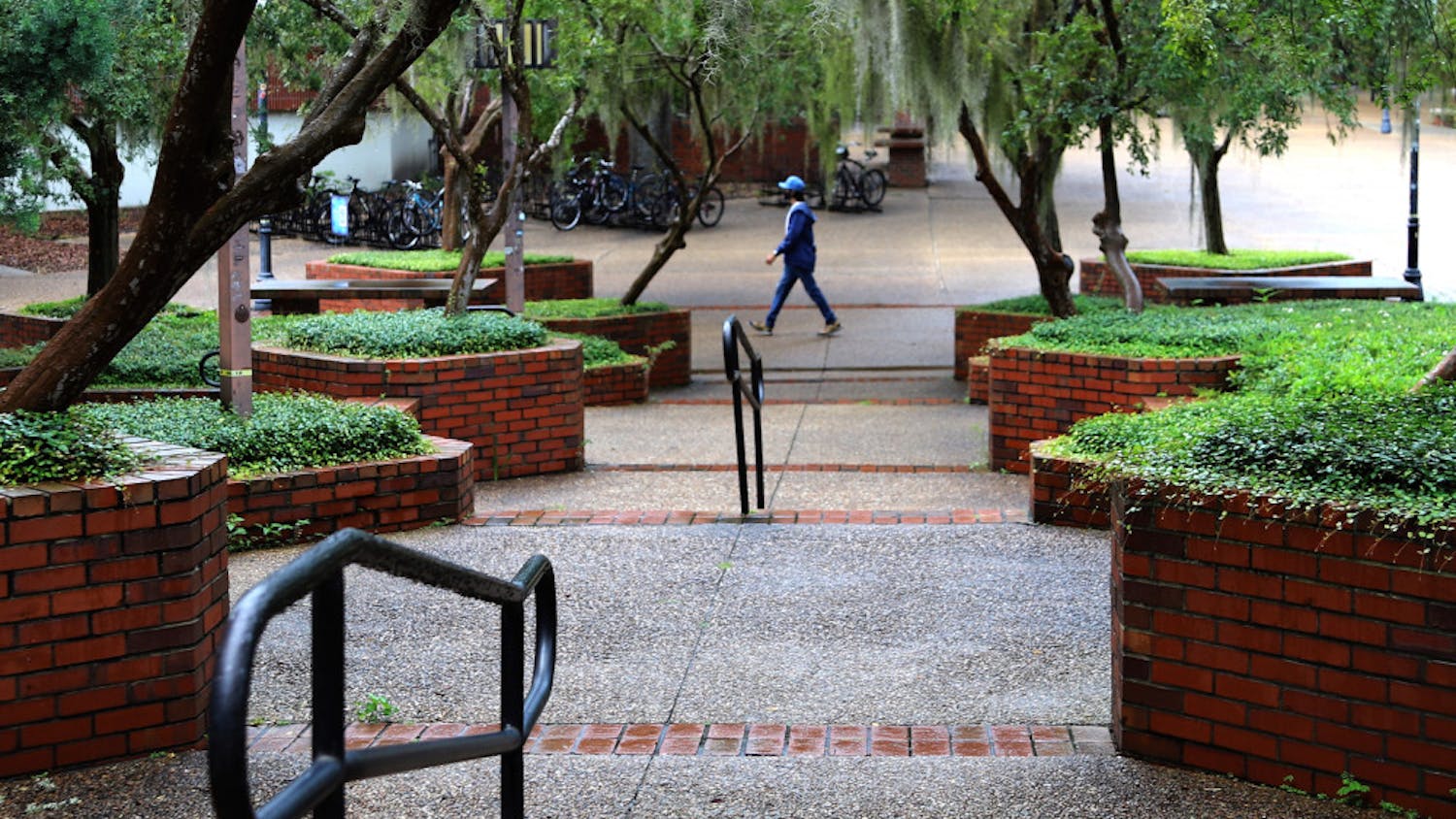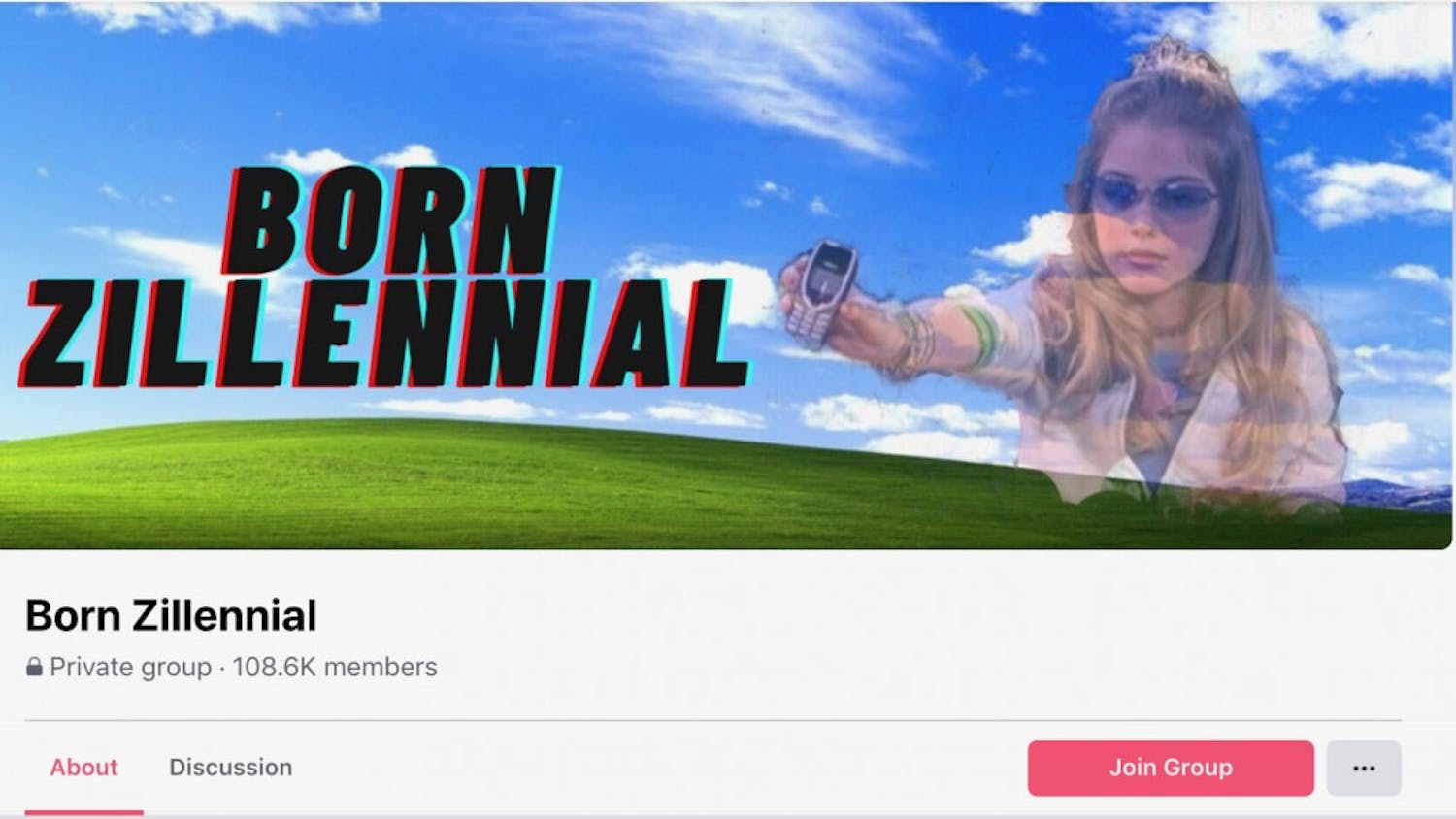Madison Dorman was 16 years old when she first traveled to Chile.
She was there to help build a homeless shelter and teach English.
Two years later, she traveled to Thailand to work in both a woman’s shelter and an AIDS orphanage. Now a 21-year-old UF sustainability and the built environment junior, she said sustainability and giving back to society are two of her passions in life.
Dorman is not alone in her desire to give back. Several studies of her generation, known as Generation Y, or Millennials, indicate it is a group of social activists: They donate time, support and buying power to organizations and causes that fit into their worldview. And their worldview? Social media has caused it to grow.
“I think it’s really important to be conscious of our actions today — to see the way that we are going to impact our future generations,” Dorman said.
Currently the generation of people born between 1980 and the 2000s is in the middle of its coming-of-age process.
In a study from the advertising agency TBWA and advocacy journalism website TakePart, 69 percent of young Americans consider themselves to be social activists: people who use their lives to support a moral cause.
According to the Pew Research Center, generations have personalities, and the Millennial generation’s personality is “confident, self-expressive, liberal, upbeat and open to change.” As it ages, the generation is bringing a shift in values to both the economy and society.
A group that size has the most buying power the economy has ever seen. According to Forbes Magazine, American Millennials are predicted to spend $200 billion each year by 2017 and about $10 trillion over the course of their lifetimes.
This generation has the power to shape the marketplace through its purchases.
And even though older generations felt more distrust toward corporations, Bobby Jones, the vice president of Octagon Access and an expert in marketing toward Millennials, said the members of the generation see these entities as being potential partners in solving problems in the world.
“I think that they do believe and expect that brands, in particular, do have the power to help change some of the issues of the world,” he said.
UF student Taylor Rapaport said from a young age, her parents instilled the idea of giving back through her money and time.
The 22-year-old psychology and public health senior said she frequents local markets, craft fairs and farmers markets, where her purchases directly support local businesses.
“I definitely think that people have a more global mindset,” she said. “I don’t think that the generations before us were so immersed in what was going on in the world. We have technology that lets us see people suffering all across the world.”
The Internet has allowed the Millennial generation to share content and experiences on a global scale. It’s also given them a platform to voice their opinions to mass audiences.
Andy Hopson, executive director of The Agency, a strategic communication agency in UF’s College of Journalism and Communications that focuses on marketing to Millennials, said members of Generation Y tend to buy from companies that genuinely stand for something greater than merely selling products.
He said he sees most brands have a conversation about their values, which allows them to engage Millennials, a generation that searches for companies they find to be genuine.
“They (Millennials) live their lives in the open,” he said, “and they don’t trust people that aren’t transparent because they are transparent.”
As Millennials are becoming a part of the workforce themselves, some are becoming social entrepreneurs and starting companies with social responsibility built into their core values.
“Eighty percent of this generation wants a job that doesn’t just pay the bills, but also has a purpose that matches their passions,” Jones said.
From its inception, David Simnick’s company, SoapBox Soaps, started with a mission in mind. Simnick said in 2010 he was working as a subcontractor for the U.S. Agency for International Development when he had the idea of starting a social-mission company that helps with water sanitation and hygiene projects around the world.
“Instead of us donating from the United States to country X, we would much rather ... employ the local soap maker to make that soap, instead of us sending over soap from the United States, which might actually do more harm than good,” he said.
As a Millennial himself, Simnick said he thinks his generation cares more about where products are coming from.
“Millennials care deeply about authenticity,” he said, “and they want to give back.”
[A version of this story ran on page 15 on 4/22/2015]





